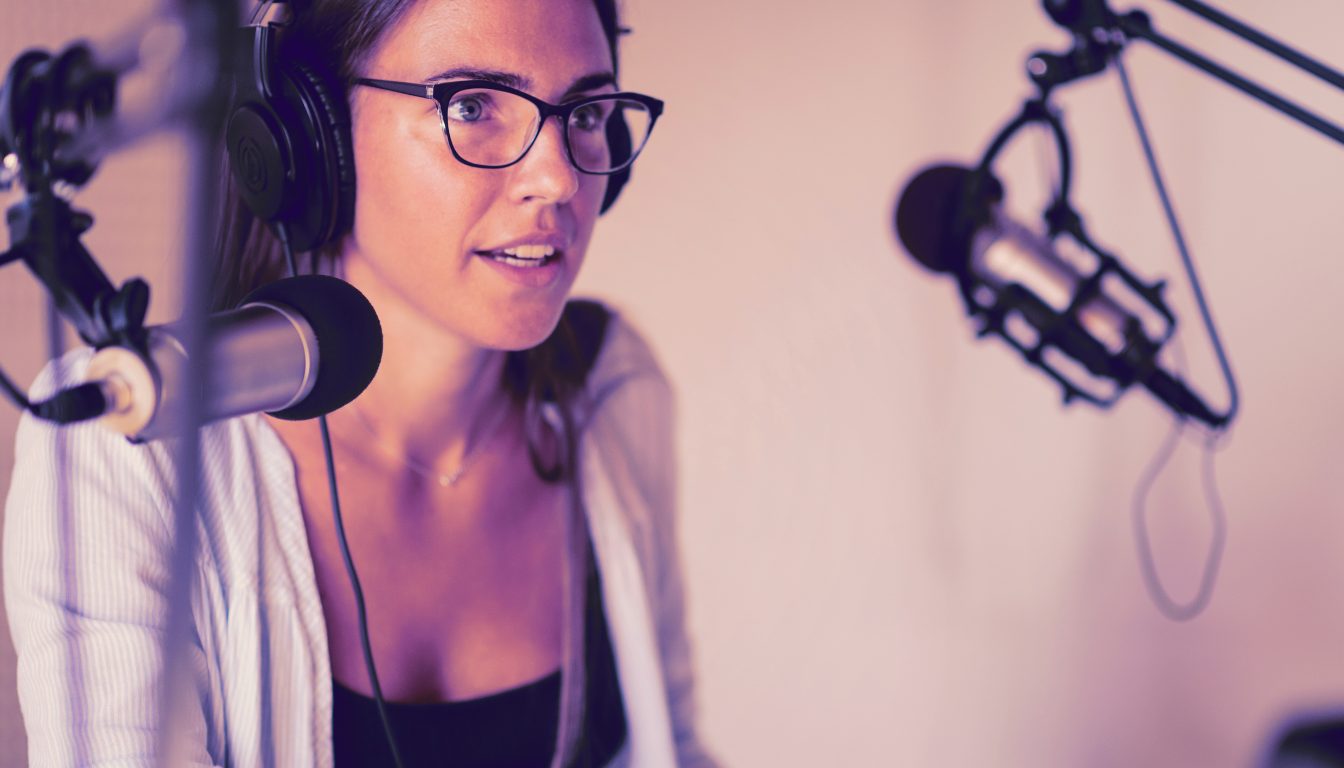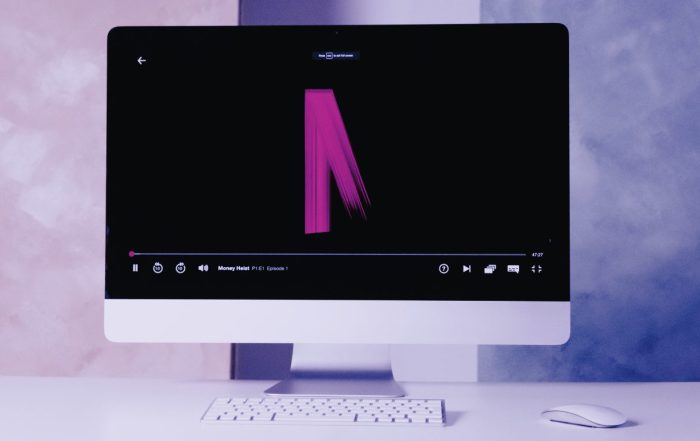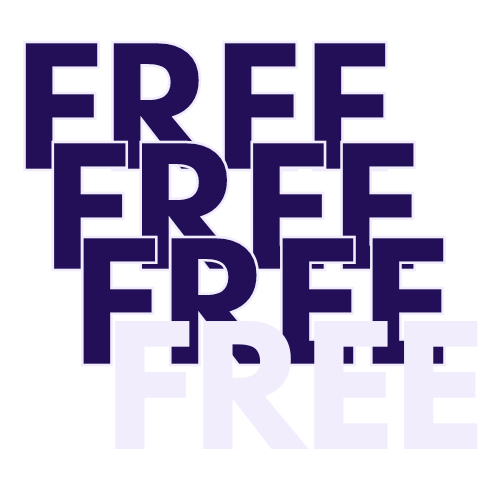
Clearing Legal and Copyright Hurdles for Podcasters
Key Takeaways
- Understanding the basics of copyright law in podcasting and how it applies to other forms of digital content.
- The concept of ‘fair use’ and its role in podcast content creation.
- The importance of respecting intellectual property rights to safeguard your podcast from copyright infringement.
- The potential legal pitfalls podcasters may encounter due to non-compliance with copyright laws.
The world of podcasting has seen a significant boom in the past few years. As a result, podcasters and content creators must have a solid grasp of legal and copyright concerns that could impact their work. This guide provides an overview of copyright law, fair use, intellectual property rights, and the potential legal risks of podcasting. We’ll delve into the importance of obtaining the necessary licenses or permissions to use third-party content within podcasts. Let’s navigate the complex world of copyright law and its implications for your podcast.
Understanding Legal Foundations for Podcasters
Firstly, let’s define copyright law as it applies to digital content. Copyright protects original works of authorship, such as podcasts, from being used without permission. This means that you, as a podcaster, have the exclusive right to distribute, reproduce, perform, and display your work. Violating these rights can lead to legal consequences, emphasizing the relevance of copyright law to podcasting.
Next, we need to examine the concept of fair use. This is a critical aspect of content creation. Fair use allows limited use of copyrighted material without requiring permission from the rights holder. Permissible uses under fair use include criticism, comment, news reporting, teaching, scholarship, and research. But remember, fair use is not a carte blanche to use any content; it depends on the nature of the content, the purpose of its use, the amount used compared to the entirety of the work, and the impact of its use on the market for the original.
Another key area of focus should be the importance of intellectual property rights in protecting original podcast content from unauthorized use. Your podcast is your intellectual property, and protecting it ensures you maintain control over how it’s used, shared, and monetized. This can be achieved through various means like copyright registration, using copyright notices, and enforcing your rights when infringed.
It’s also crucial for podcasters to understand the necessity of obtaining licenses or permissions to use third-party content within podcasts. This could be music, snippets from other podcasts, or audio clips from movies or TV shows. Using such content without permission could land you in legal trouble, regardless of whether you profit from your podcast. Therefore, asking for permission or opting for royalty-free content is always safer.
Lastly, we can’t stress enough the potential legal risks associated with podcasting without proper adherence to copyright laws. Legal and copyright concerns are not to be taken lightly. Infringement claims can lead to hefty fines and even result in your podcast being taken down. Hence, understanding and complying with copyright laws isn’t just good practice – it’s necessary.
Navigating Copyright Law in Podcasting: Infringement Concerns
As we’ve established, understanding and adhering to copyright laws is paramount in podcasting. But what happens when the path to content distribution leads to unforeseen legal and copyright concerns? One such path is using Content Delivery Network (CDN) providers. While CDNs are integral to efficient content distribution, they can inadvertently contribute to copyright infringement. Let’s discuss this in the context of recent legal cases, the implications for podcast distribution, and strategies podcasters can employ to stay on the right side of the law.
CDN Providers and Copyright Infringement: A Recent Case Study
Take, for instance, a recent lawsuit filed in Tokyo against a CDN provider, alleging copyright infringement. This case underscores the complex role CDNs play in content distribution and the potential legal implications for podcasters. Drawing parallels to podcast content distribution, it emphasizes the need for podcasters to be vigilant about the content they distribute through CDN services.
The Implications of CDN Services on Podcast Distribution
While crucial for efficient podcast distribution, CDN services can inadvertently contribute to copyright infringement. How so, you ask? CDNs deliver your podcast content to your listeners quickly and reliably. However, if your content includes copyrighted material you don’t have the right to distribute, you could be setting yourself up for legal trouble. Therefore, it is crucial for podcasters to understand the intricacies of CDN services and their implications for copyright infringement.
Ensuring Your Use of CDN Services Does Not Violate Copyright Laws
As a podcaster, you need strategies to ensure your use of CDN services does not violate copyright laws. First, it’s important to be mindful of the content you’re distributing. Avoid using copyrighted material without permission. Second, it’s wise to understand your CDN provider’s terms and conditions clearly. Lastly, consider consulting with a legal expert to ensure you’re not overlooking any potential copyright issues. Remember, it’s better to be safe than sorry regarding legal and copyright concerns.
Monitoring and Managing Content Distributed through CDNs
Monitoring and managing the content you distribute through CDNs is vital to preventing legal issues. Regularly review your podcast content for potential copyright violations. Also, ensure you have the necessary permissions or licenses for any third-party content used in your podcast. This proactive approach protects you from legal and copyright concerns.
Responding to Copyright Infringement Claims
What if you’re faced with a copyright infringement claim? Don’t panic. There’s a process to follow. Firstly, consult with a legal expert to understand the claim’s validity. If your content is indeed infringing, comply with the necessary steps to remove the infringing content. In some cases, you might need to enter into a legal recourse. While it might seem daunting, clearly understanding your rights and responsibilities can help you navigate the process effectively.
Securing Necessary Licenses for Podcast Content
Having discussed the potential pitfalls of infringing copyright law in podcasting, let’s shift our focus to proactive solutions. One of the most effective ways to avoid legal and copyright concerns is to secure the licenses for your podcast content. This includes music, sound effects, and excerpts from copyrighted works. But how do you go about obtaining these licenses? And what types of permits are available to you as a podcaster? Let’s delve into these questions and more.
Types of Content That Require Licensing in Podcasting
First, it’s essential to identify the types of content that typically require licensing in podcasting. The most common include:
- Music: Whether it’s your podcast’s theme tune or background music, if it’s not an original composition, it likely requires a license.
- Sound effects: These are often overlooked, but some are copyrighted and require a license for use.
- Excerpts from copyrighted works could include movie clips, parts of a speech, or book sections. If it’s copyrighted, you need a license.
Understanding the types of content that require licensing is the first step towards navigating the legal and copyright concerns in podcasting.
Identifying and Contacting Rights Holders
Once you’ve identified the content that requires licensing, the next step is to find and contact the rights holders. This might be the artist, the record label, the publisher, or another entity. It’s important to research and ensure you’re contacting the appropriate party thoroughly. Once you’ve identified the rights holder, reach out to them to request permission to use their content in your podcast.
Understanding Licensing Agreements
There are various licensing agreements available to podcasters. These include blanket, synchronization, and mechanical licenses, among others. Each type of license grants different rights and restrictions, so it’s crucial to understand what you are signing up for. For instance, a blanket license typically covers all works in a publisher’s catalog, while a synchronization license allows you to sync music with your podcast. When negotiating terms, ensure you comprehend the legal jargon in these agreements. Don’t hesitate to seek legal counsel if needed to ensure compliance.
The Role of Performing Rights Organizations (PROs)
Performing Rights Organizations (PROs) play a significant role in facilitating the licensing process for musical content. PROs, such as ASCAP, BMI, and SESAC, represent songwriters and publishers and can grant blanket licenses for their entire catalogs. Working with a PRO can efficiently secure the necessary licenses if your podcast uses a lot of music. However, remember that PRO licenses typically only cover public music performances, so you may still need additional licenses, such as synchronization or mechanical licenses, depending on how you use the music.
Securing the necessary licenses for your podcast content is critical to podcasting. Not only does it help you avoid legal and copyright concerns, but it also respects and supports the creators whose work you leverage to enhance your podcast.
Shielding Your Podcast from Copyright Infringement Claims
In the ever-evolving world of podcasting, protecting your intellectual property is paramount. Having already navigated the intricacies of securing necessary licenses, let’s now turn our attention to an equally vital topic: defending your podcast from copyright infringement claims. This includes creating original content, documenting your creative process, using disclaimers effectively, and understanding the benefits of registering with a copyright office.
Creating Original Content
Creating original content is not just about artistic expression—it’s also one of the most effective ways to protect your podcast from legal and copyright concerns. Original work is automatically under copyright protection from the moment you record your podcast episode. That means you, as the creator, have exclusive rights to distribute, reproduce, and perform your work. This emphasizes the importance of originality in content creation—it’s not just about standing out from the crowd but also about safeguarding your legal rights.
Documenting Your Creation Process
It’s not enough to create original content; you must also document your creative process. This includes keeping scripts, outlines, and drafts of your podcast episodes. In a copyright dispute, these materials can prove that your work is original and not infringing on another’s copyright. Securing copyright for your podcast episodes requires active effort—it doesn’t just happen. But these efforts can save you from a world of legal complications.
Using Disclaimers and Acknowledgments
Sometimes, you may need to use copyrighted content in your podcast—perhaps a quote from a book, a movie clip, or a song snippet. In such cases, it’s crucial to use disclaimers and acknowledgments effectively. A well-worded disclaimer can clarify your intent and mitigate potential legal issues. Similarly, acknowledging the source of the content can show respect for the rights holder and demonstrate your commitment to avoiding copyright infringement. Remember, disclaimers and acknowledgments are not a substitute for obtaining necessary permissions or licenses—they are part of a broader strategy to address legal and copyright concerns.
Registering with a Copyright Office
While your podcast is automatically copyrighted when you create it, registering with a copyright office can provide additional benefits. It serves as a public record of your copyright claim and can provide significant advantages should a legal dispute arise. For example, registration with the United States Copyright Office is necessary in the US before you can file a lawsuit for copyright infringement. Thus, it’s a proactive measure that can bolster your defense in a legal dispute.
Responding to Copyright Infringement Accusations
Despite your best efforts, you might still face a copyright infringement accusation. If this happens, don’t panic. Instead, follow these steps:
- Seek legal counsel: A seasoned attorney can help you navigate the situation and advise you on the best action.
- Assess the claim: Not all claims are valid. Your attorney can help you determine if the claim has merit.
- Cooperate: If the claim is valid, cooperate fully. This might involve removing the infringing content or settling with the rights holder.
Protecting your podcast from copyright infringement claims requires a proactive approach. But with the proper measures in place, you can focus on what you do best—creating engaging content for your podcast listeners, free of legal and copyright concerns.
Boosting Your Podcast: Monetizing and Protecting with Copyright Law
Having successfully navigated the potential minefield of copyright infringement claims, let’s now address a more exciting aspect of copyright law—monetization. As a podcaster, how can you leverage copyright law to monetize your original content, protect it from unauthorized use, and even navigate the international arena? Let’s dive in.
Monetizing Your Podcast Through Copyright
Monetization is the holy grail for podcasters. Thankfully, copyright law provides several avenues to achieve this. You can monetize your podcast through platforms that pay creators for their content, sponsorships from companies interested in reaching your audience, or even merchandise based on your podcast. Podcast platforms like Patreon allow creators to earn revenue directly from listeners, while sponsorships and merchandise represent indirect monetization strategies. However, monetization should never compromise compliance with legal and copyright concerns.
Capitalizing on Partnerships and Collaborations
Entering into partnerships or collaborations with other creators can offer significant benefits, such as reaching a wider audience and sharing resources. However, these partnerships must be based on clear copyright agreements to prevent disputes down the line. Whether it’s a co-hosting arrangement, guest appearances, or joint production of episodes, ensure that all parties understand their rights and responsibilities—this includes rights to the content, revenue sharing, and dispute resolution mechanisms.
Navigating International Copyright Law in Podcasting
Podcasting is a global phenomenon, and your content can reach listeners worldwide. This presents both opportunities and challenges when it comes to copyright law. Countries have different copyright laws, and what’s permissible in one country might not be in another. Therefore, it’s crucial to understand the basics of international copyright law, especially if you plan to distribute your podcast globally. This could involve seeking legal advice or using reputable CDN services like CacheFly, which play an ‘indispensable role’ in making content available to the public while addressing copyright concerns.
Defending Against Unauthorized Use and Plagiarism
Lastly, you must be prepared to defend your podcast against unauthorized use and plagiarism. This involves monitoring where and how your podcast is distributed, taking action against unauthorized uses, and educating your listeners about copyright law. Remember, your podcast is your intellectual property—you have the right and the responsibility to protect it.
Monetizing and protecting your podcast is a balancing act. Copyright law provides the structure, but it’s up to you to walk the tightrope. As we’ve seen, copyright law is a powerful tool for podcasters—it can help you monetize your content, protect your intellectual property, and even expand your reach globally. But like any tool, it’s only as effective as the person using it. So, are you ready to leverage copyright law to take your podcast to new heights?
About CacheFly
Beat your competition with faster content delivery anywhere in the world! CacheFly provides reliable CDN solutions that are fully tailored to your business.
Want to talk further about our services? We promise, we’re human. Reach us here.
Product Updates
Explore our latest updates and enhancements for an unmatched CDN experience.
Book a Demo
Discover the CacheFly difference in a brief discussion, getting answers quickly, while also reviewing customization needs and special service requests.
Free Developer Account
Unlock CacheFly’s unparalleled performance, security, and scalability by signing up for a free all-access developer account today.
CacheFly in the News
Learn About
Work at CacheFly
We’re positioned to scale and want to work with people who are excited about making the internet run faster and reach farther. Ready for your next big adventure?




